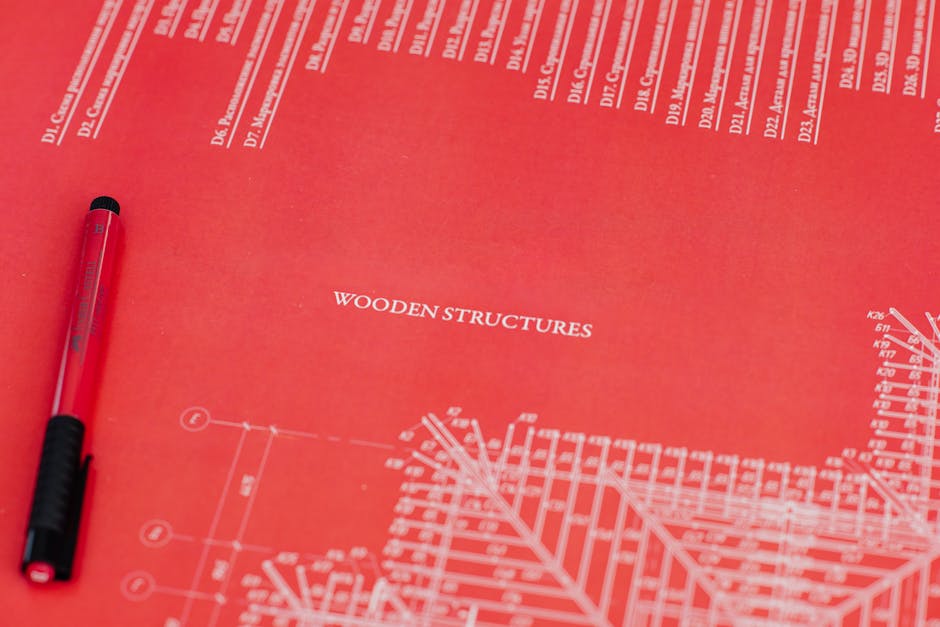One might initially associate technical skill with the mechanics of language grammar, syntax, punctuation. These are undeniably crucial. A poem riddled with grammatical errors, for instance, immediately undermines its credibility and distracts the reader from its artistic merits. Similarly, a novel cluttered with misplaced modifiers or ambiguous sentence structures hinders comprehension and weakens the overall narrative impact. Yet, focusing solely on these aspects overlooks a richer, more nuanced understanding of technical prowess in creative writing.
Beyond the fundamentals of grammar, a deeper technical skillset involves a mastery of literary devices. Poetry, especially, relies heavily on these tools to achieve specific effects. Meter and rhyme, for example, structure the poem’s rhythm and sound, shaping the reader’s emotional and intellectual engagement. Iambic pentameter, a prevalent meter in Shakespearean sonnets, creates a specific rhythm and flow that contribute significantly to the overall impact. Similarly, internal rhyme, consonance, and assonance enrich the auditory experience, adding layers of meaning and texture often overlooked by those unfamiliar with their effective application.
In prose, mastering narrative techniques such as pacing, point of view, and character development forms a cornerstone of technical skill. Pacing, the manipulation of time and narrative speed, dictates the reader’s emotional journey. A slow, deliberate pace can build suspense, while a rapid pace can heighten excitement or convey a sense of urgency. The chosen point of view first person, third person limited, or omniscient shapes the reader’s access to information and their relationship with the characters. Finally, well-developed characters, with believable motivations and consistent actions, are essential for engaging narratives. These aspects are not merely stylistic choices; they are technical elements that directly influence the reader’s experience and the effectiveness of the storytelling.
Furthermore, technical skill encompasses a writer’s understanding and control of style and voice. Style refers to the writer’s distinctive manner of expression, encompassing word choice, sentence structure, and overall tone. Developing a unique and effective style involves careful consideration of audience, purpose, and genre. Voice, intimately linked to style, is the author’s individual personality and perspective that permeates the writing. A strong, consistent voice makes the writing feel authentic and memorable.
Beyond the individual elements, technical skill manifests in the effective structuring of a piece. A well-structured poem progresses logically, often following a specific form or adhering to established conventions. The arrangement of stanzas, the placement of key words or phrases, and the overall progression of ideas all contribute to the poem’s impact. Similarly, prose requires skillful structuring of chapters, scenes, and plot points to maintain narrative coherence and reader engagement. Understanding the principles of plot structure, conflict resolution, and narrative arc are essential for crafting compelling stories.
However, technical skill alone is insufficient for truly creative writing. It provides the tools, but not the vision. A writer might flawlessly employ iambic pentameter or master the art of foreshadowing, yet still produce work that lacks depth, originality, or emotional resonance. The creative spark the imaginative capacity, the ability to evoke emotion, the capacity for original thought is equally crucial. Technical proficiency acts as a vehicle, facilitating the expression of creative ideas. It’s the difference between a perfectly tuned instrument and a breathtaking melody played upon it.
The interplay between technical skill and creativity is synergistic. Mastering technical aspects expands the creative possibilities; it enables the writer to express complex ideas and emotions with precision and control. A strong command of language allows for subtle nuances, intricate imagery, and profound emotional depth. Conversely, creative vision informs the technical choices, guiding the selection and application of literary devices and structural elements to achieve a specific artistic effect. The writer might choose a specific meter to enhance a particular emotional tone, or employ a particular narrative technique to manipulate the reader’s perspective.
In conclusion, creative writing undeniably requires technical skill, but it is only one essential component in the equation. It’s not simply a matter of following grammatical rules; it encompasses a broad range of abilities, from mastering literary devices and narrative techniques to developing a unique voice and structuring a piece effectively. However, these skills are best understood as tools in service of creativity. A strong foundation in technical aspects empowers the writer to express their unique vision, translating raw inspiration into impactful, meaningful art. The ultimate success of a piece rests on the harmonious blend of technical mastery and unbridled creative imagination.
